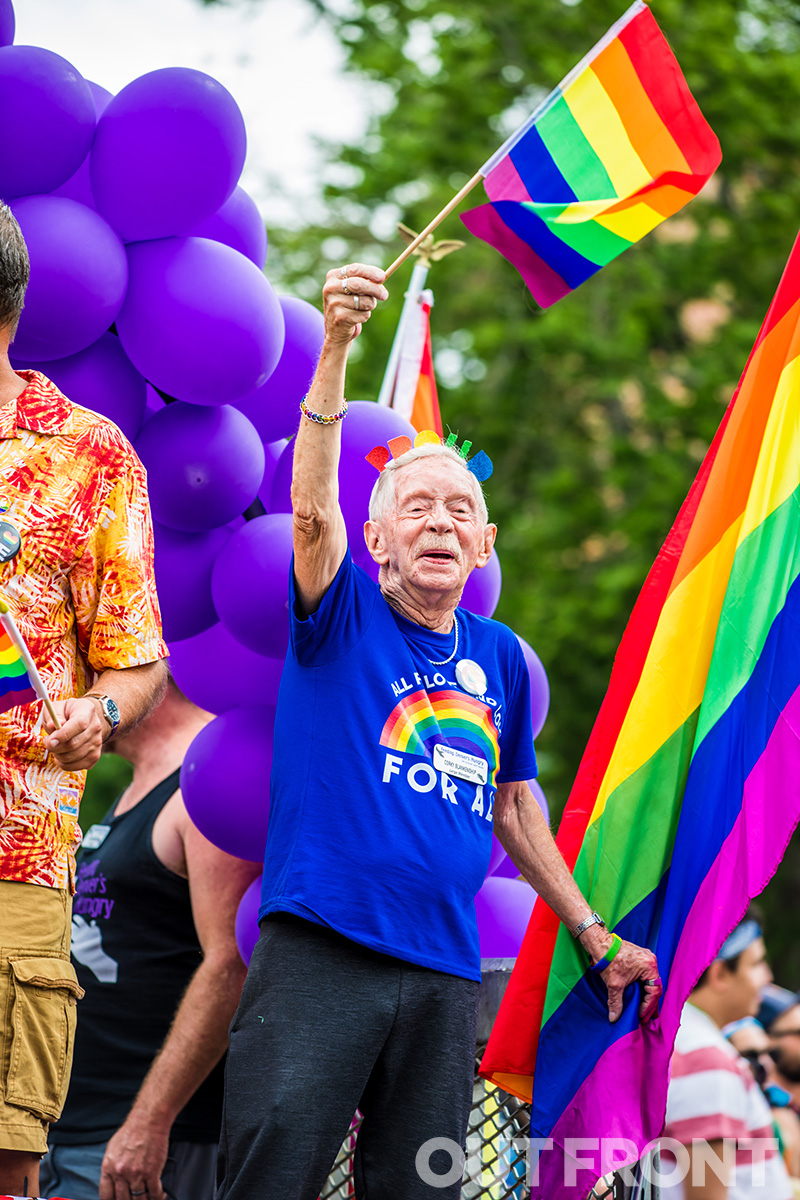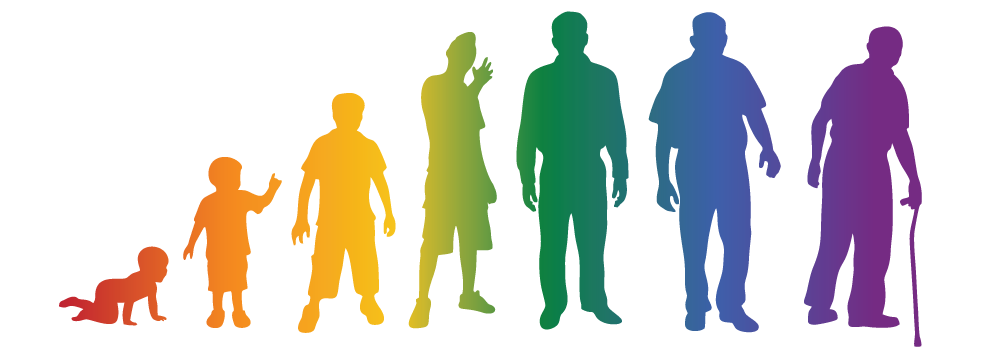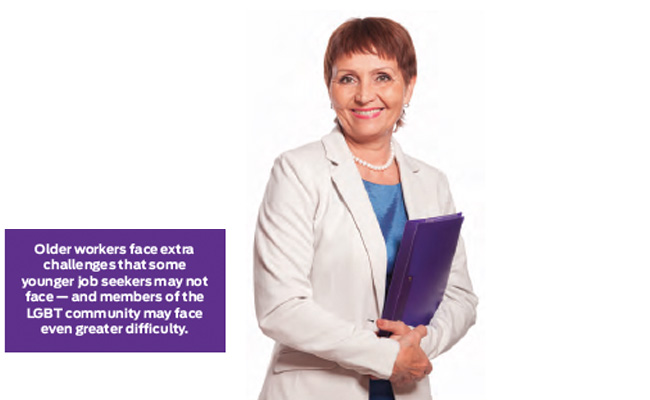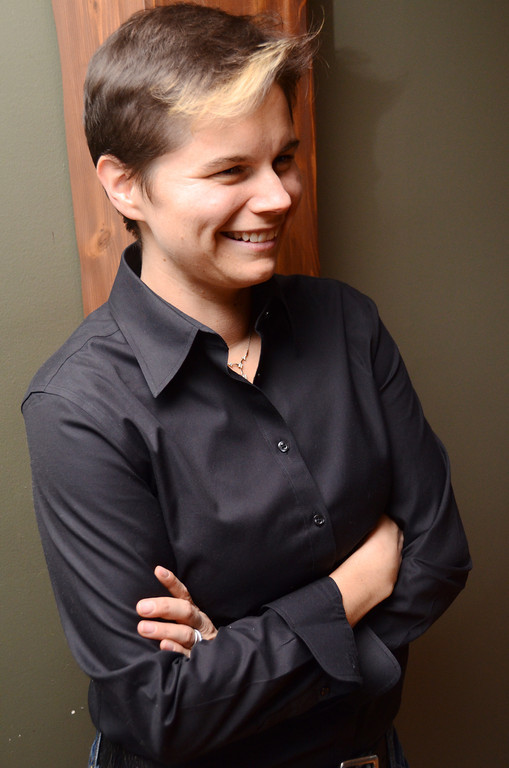From the Editor: Life after youth

There’s this line people say, that turning 30 is “gay death” — the moment you supposedly become invisible to everyone in the gay community younger than that. Mostly, it’s just something us 20-somethings say to ourselves to poke fun at our own ignorance — I don’t know of any person who actually enjoys the concept or happily wishes life after 30 as irrelevant. Nobody’s enforcing it; it’s an idea that’s completely self-imposed. And whether you’re still in your 20s right now or you’re well beyond, you know that the thought that gay life ends at 30 is over by the time you’re 31. I’m not yet 30, but I do feel like I’ve been through this before. I mean, remember when we thought being in high school was everything? Caring so much about what people our age thought of us — what seemed like life’s greatest triumphs and the world’s greatest injustices, all taking place in the small world of high school. At the end of each school year a class of seniors would disappear beyond its horizon into an afterlife of adulthood, their memory kept alive only by younger siblings or an occasional sighting somewhere, like a ghost. When you reached it yourself and left high school, it was like being born into something new. It didn’t mean we grew up right away. A couple months after graduating there were groups of us dancing in the gay club on 18+ night or drinking ourselves stupid at house parties, glancing, whispering, suspiciously at that 25-year-old guy there — wherever we went it seemed like there was always a different guy there who was about 25. At age 18 or 19, 25-year-olds at our gatherings seemed really old and out of place. We had a term for those guys. We were always sure they were up to something shady. Before my freshman year in college ended, I met a professionally-successful 28-year-old off the Internet — my friends from my dorm were completely horrified, ready to call the cops to report my kidnapping before he even picked me up. He and I hung out a few times; one day he said casually he wouldn’t even consider dating someone over the age of 24. “I can still do better than that,” he explained. What did that even mean? That each year in age is an increasingly-futile attempt to hang on to diminishing value? That you’re, in a way, rejecting yourself? And if dating younger means you can “do better,” does that mean the younger guys you date are doing worse? I’m 28 now, and have seen these stages in the way we think of age — how ridiculous they now seem in retrospect — and figure it will be more of the same at any other big stage in life that people fear. They seem like a crisis-worthy events, and later on they seem like nothing. None of these stories are unique to LGBT people, but there are some who will tell you that getting older is a bigger deal in the gay community because we put an incredible emphasis on youth and physical perfection. I disagree — first because I think the vast majority of us don’t really do that, and second, I think we’re actually pretty good at accepting life’s inevitabilities. After all, most of us once took a while to adjust to the fact that we’re gay. I think the differences between LGBT people and anyone else approaching aging, if there are any, have more to do with not having LGBT parents and grandparents as models of what life will be like, so getting older for us is a journey into an unknown. But in our cover story we find stories of LGBT people growing only more confident and self-assured with age. Of course there are well-known physical downsides to aging, but in spite of them we can see happiness can increase for LGBT elders. Knowing yourself better is a huge advantage, and we advance in our self-acceptance just as we keep developing coping skills. Hasn’t your own life seemed to go that way so far? Being LGBT in a world that hasn’t accepted us gave us hang-ups that diminish with time, fears about issues we eventually conquer or find were overblown, attachments to things we’ll find don’t ultimately matter, and a society that is getting better for us every year. It seems like a mistake to fear the future, when we really have more to look forward to with age and maturity than most other people do — always moving more and more towards our true selves.










